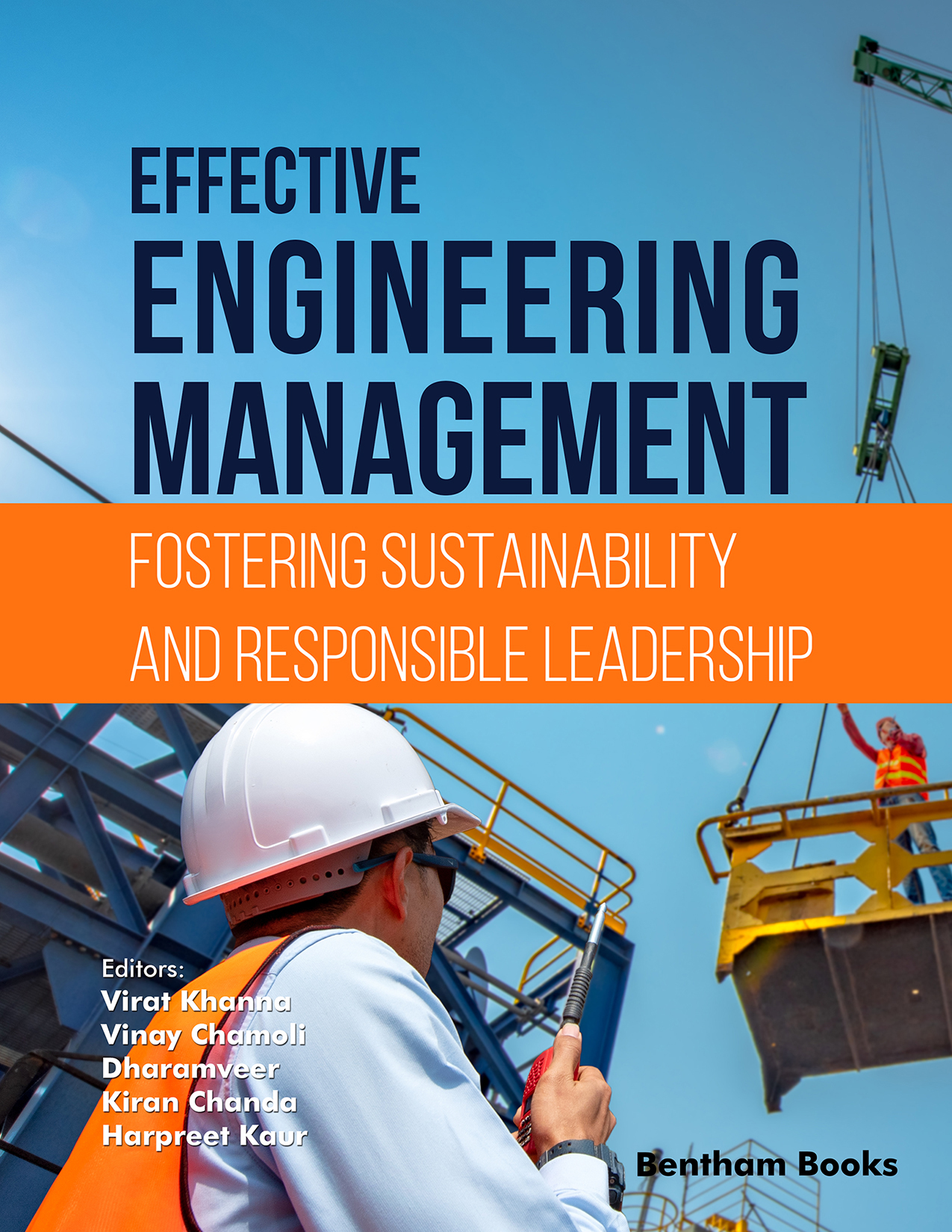In today's rapidly evolving world, where the intersection of technology, sustainability, and innovation is becoming increasingly vital, effective engineering management emerges as a cornerstone of progress. It is within this context that Effective Engineering Management: Fostering Sustainability and Responsible Leadership takes its place—a comprehensive exploration of the convergence of engineering, management, and sustainability.
This book brings together a diverse array of perspectives and insights from experts across various fields, offering a unified and holistic approach to navigating the challenges and opportunities inherent in contemporary engineering management. Through meticulously curated chapters, it delves into fostering sustainable practices, responsible leadership, and organizational effectiveness across industries and sectors.
The journey begins with an exploration of the foundational aspects of sustainability and engineering management, addressing cultural adversities encountered by managers and the importance of embedding sustainability into organizational frameworks. It further highlights new paradigms in ESG reporting and the critical role of corporate social responsibility (CSR) in fostering responsible leadership.
Moving forward, the book delves into sustainable practices across industries, examining the construction, design, and IT sectors. The chapters provide critical analyses of mergers and acquisitions through a sustainability lens and explore the factors that drive organizational effectiveness in key industrial sectors such as iron and steel.
Innovation and forward-thinking approaches are pivotal themes in this volume. Readers will uncover insights into the profound impact of effective engineering management on societal development and process improvement. The evolving landscape of human resource management is thoroughly examined, showcasing HR trends and the future trajectory of the profession. Additionally, the transformative roles of cutting-edge technologies such as artificial intelligence (AI) and gamification in shaping the modern workplace are explored, highlighting their implications for innovation and adaptability.
As editors, we are profoundly grateful to the esteemed contributors whose expertise and passion have enriched this volume, offering diverse perspectives and profound insights. This book aims to serve as a guiding resource for practitioners, scholars, and students, inspiring them to pursue a future where engineering management is synonymous with sustainability, responsibility, and innovation.
We hope that the ideas contained herein ignite meaningful actions and foster a world where responsible leadership and sustainable practices are at the forefront, leading us toward a brighter, more equitable future.
Virat Khanna
University Centre for Research and Development
Chandigarh University, Punjab
India
Vinay Chamoli
Department of Tourism and Hospitality
Maharaja Agrasen University
Himachal Pradesh, India
Dharamveer, Kiran Chanda & Harpreet Kaur
Department of Commerce
Maharaja Agrasen University
Himachal Pradesh, India

